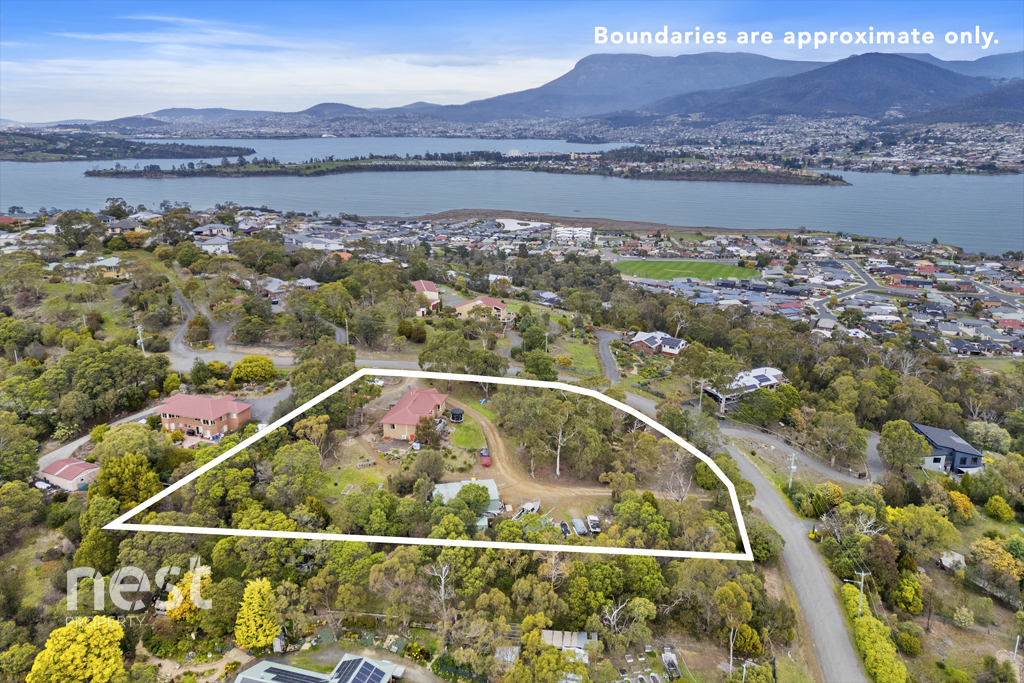

When considering real estate investments, buyers often look for opportunities that promise growth, stability, and a high quality of life. One place that meets all these criteria is Hobart, the charming capital city of Tasmania. Purchasing land in Hobart can be an incredibly wise decision for a variety of reasons, ranging from financial benefits to lifestyle perks.
One of the most compelling reasons to buy land in Hobart is its affordability compared to other Australian cities. While property prices in Sydney and Melbourne have skyrocketed over the years, Hobart remains relatively accessible. This makes it an attractive option for first-time buyers and investors seeking to maximize their returns. Lower entry costs mean you can secure a desirable piece of land without breaking the bank.
buying land in Hobart offers numerous benefits that make it an appealing choice for savvy investors and aspiring homeowners alike. From financial advantages like affordability and growth potential to lifestyle perks such as customization options and access to natural beauty-it's clear that this Tasmanian gem provides a solid foundation for both present enjoyment and future prosperity.
The first step in purchasing land involves thorough research to identify a suitable plot that meets your needs. Begin by considering the purpose of the land, whether for residential, commercial, or agricultural use. Utilize online listings, real estate agents, or local government resources to find available land. Pay attention to factors such as location, size, zoning laws, and accessibility.
Once you've identified potential plots, evaluate your financial readiness to make the purchase. This includes understanding your budget and securing financing if necessary. Consult with financial advisors or mortgage brokers to explore loan options tailored for land purchases. Ensure you have a clear picture of all associated costs including down payment, property taxes, closing fees, and any additional expenses like surveys or permits.

The Role of a Real Estate Agent in Home Buying Buying a home is one of the most significant financial decisions an individual will make in their lifetime.. It’s a journey filled with excitement, anticipation, and at times, stress.
Posted by on 2024-09-30

Becoming a licensed real estate agent is an ambition shared by many, driven by the promise of flexible work schedules, unlimited income potential, and the satisfaction of helping individuals achieve their dreams of homeownership.. However, this career path requires more than just enthusiasm; it demands a blend of education, dedication, and adherence to specific regulatory requirements.
Posted by on 2024-09-30

Title: How to Outsell the Competition: Proven Strategies for Real Estate Agents In the cutthroat world of real estate, standing out from the competition isn't just a goal; it's a necessity.. With countless agents vying for attention, how can you ensure that you're not just another face in the crowd?
Posted by on 2024-09-30

Effective Marketing Strategies for Real Estate Agents In the dynamic landscape of real estate, where competition is as fierce as the market fluctuations, effective marketing strategies are paramount for success.. For real estate agents, mastering the art of marketing isn't just about showcasing properties; it's about building relationships, establishing trust, and creating a brand that resonates with potential buyers and sellers.
Posted by on 2024-09-30
Before purchasing land, it's crucial to familiarize yourself with the zoning laws and regulations that govern the area. These laws dictate how you can use the property, whether for residential, commercial, agricultural, or industrial purposes. Violating these regulations can lead to costly fines or even legal action. Therefore, ensure the land's zoning aligns with your intended use.
One of the key factors to consider is the availability of essential infrastructure like water supply, electricity, sewage systems, and internet connectivity. Lack of these facilities can significantly increase development costs and may affect your timeline for making the land usable. Investigate whether these utilities are readily accessible or if additional investments will be required.


The best time of year to find land for sale often hinges on understanding seasonal market trends. During the winter months, particularly in colder regions, the real estate market tends to slow down. Snow-covered lots may not showcase their full potential, leading some sellers to wait until spring or summer when their property can be seen in a better light. However, this off-season can also mean less competition for buyers who are willing to brave the elements.
As the year draws to a close, some sellers become motivated by tax implications. They may want to finalize a sale before December 31st for tax purposes, making late fall and early winter an advantageous time for buyers seeking good deals. Sellers eager to close out their books may be more open to negotiations, providing an opportune moment for prospective landowners.
When evaluating the true value of land for sale, a thorough understanding of current market trends is essential. Researching recent sales data in the area can provide insights into how much similar parcels have sold for, offering a benchmark for comparison. Take note of fluctuations in prices over months or years to determine if there is an upward or downward trend. Additionally, consider external factors such as economic conditions, development projects nearby, and changes in zoning laws that could influence land values.
The location of the land plays a critical role in its valuation. Proximity to amenities such as schools, hospitals, shopping centers, and public transportation can significantly enhance the worth of a property. Evaluate the accessibility to major roads and highways; easier access often translates to higher demand and value. Also, consider the neighborhood's reputation and future growth potential—land in an up-and-coming area will likely appreciate faster than that in stagnant regions.
